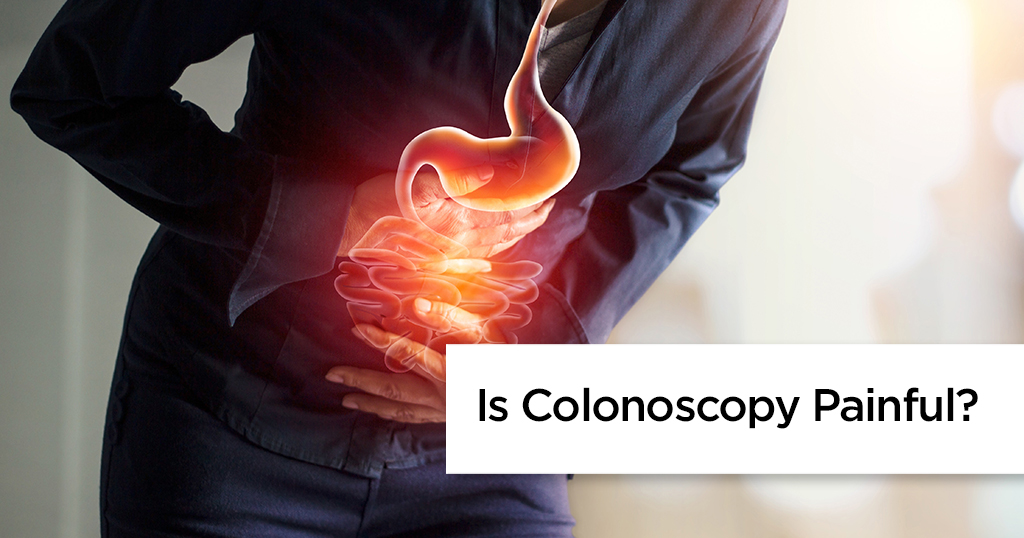A colonoscopy test (also known as a colonoscopy) is one of the most common medical tests. It is generally done when your doctor has reason to suspect you have or may have colon cancer. Your doctor will do a complete physical examination of your body and perform certain lab tests to determine if there is anything else that might explain your symptoms. After that, if necessary, he will order the colonoscopy test. This is a very simple procedure. In fact, it’s a non-invasive test that requires only a tiny amount of your body’s fluids and uses only harmless air and light. What does it feel like? The actual procedure itself takes about 15-20 minutes.
Colonoscopy is among the few very delicate test that should be done with a high precision level. One mistake can cost you your life. If you have any doubt at all about whether you are ready for this type of test or not, I suggest you postpone it until you are absolutely certain you are 100% ready. You know, if you really want to learn something about yourself, there’s no better teacher than experience. And, when it comes to colonoscopy, there is no more important experience than having the procedure performed on you by a professional doctor who knows exactly what he’s doing.
In addition to that, it would be prudent for you to spend some time reading informative material written by other people who’ve already gone through the process. There’s plenty of it available on the Internet. In this article, we shall discuss everything you need to know about colonoscopy tests.

Benefits of colonoscopy test
1. Helps to save a life
The first and foremost benefit of this test is it can save your life. There are many things wrong with your body that can cause cancer. However, when it comes to colon cancer, early detection is almost always the key to saving your life. When it comes to colon cancer, early detection means the cancerous growth has not spread to other parts of your body. In other words, if a complete examination of your body reveals no sign of cancer anywhere else, then it’s extremely unlikely cancer you have in your colon has spread to other areas of your body. Therefore, if this is the case, your doctor will likely recommend a “wait and see” approach. This means you will be closely monitored for any changes in the size or shape of your colon tumor.
2. Colonoscopy is painless
Another benefit of this test is it is a very painless procedure. During the test, you will be sedated so you will not feel anything. Even when the doctor is scraping out your colon, you will be asleep (anesthetized) so you will not feel a thing. You should rest comfortably while the doctor does the test. He will check and make sure everything is alright before he starts the actual procedure. After that, you will wake up and go back to your normal life. The entire process will take about one and a half to two hours.
3. Quick recovery time
The third benefit of this test is it has very quick recovery time. This means you can get back to your normal routine right away. If you are like most people, just the thought of missing work or dropping out of school is more than you can handle. Having a colonoscopy is very different. It’s like having a little nap.
4. Colonoscopy is the most effective of all tests for colon cancer
The most important benefit of this test is it is the most effective way to detect colon cancer. The reason it’s the most effective is because it allows the doctor to actually see the entire inside of your colon. With other tests, the doctor can only examine the outside of your colon. What this means is with colonoscopy, the doctor can find polyps that are too small to see or feel. And because these are found early, when they are still localized to the colon, they have a very good chance of being removed during the procedure and never becoming a problem. In fact, recent studies show if everyone who had a colonoscopy every two years could be cured by removing all the polyps, it would result in a 90% reduction in the number of people who get colon cancer. When you boil it down, the bottom line is this: When it comes to colon cancer, early detection almost always results in a cure.

5. Colonoscopy can detect several conditions
There are several conditions linked to an increased risk of getting colon cancer. The fifth benefit of this test is it can detect several medical conditions that are linked to an increased risk of getting colon cancer. These include: * Hemorrhoids (piles) * Polyps * an enlarged or abnormal-looking colon * Fungal or bacterial infection * Diverticulosis (disease characterized by little pouches that form in the large intestine) 6. There are no bad side effects the sixth and last benefit of this test is there are no bad side effects. This is the only proven test you can have with zero side effects. Think about it, if you have polyps removed during a colonoscopy, they would have to be removed by scraping them off with a long, thin instrument called a biopsy force.
6. Helps in detecting Diverticulitis
One final point before we wrap up… this test is important because it can help detect another intestinal problem called Diverticulitis. What happens with Diverticulitis is tiny pouches (diverticula) form in your colon. These pouches are very common in people over 50 years old. They are not cancerous but they can cause severe abdominal pain, diarrhea, constipation and other problems. In some cases, Diverticulitis can even be fatal. The good news is, with early detection, most cases of Diverticulitis go away without any medical intervention. That means no surgery, no antibiotics and no long term discomfort. However, if left untreated, it can eventually lead to colon cancer. So, if you have one or more of the above-mentioned conditions or symptoms, schedule your appointment right away and get checked out by your doctor. You could be saving a life! Is It Time For A Colonoscopy?
How much is a colonoscopy without insurance?
If you don’t have insurance and you qualify for a free or low cost screening test, you should definitely consider having a colonoscopy. The procedure is usually done as an outpatient and it takes about 1-1/2 hours to do. You will be given a mild sedative to help you relax and you will probably go to sleep during the procedure. After the procedure, you will be taken to the recovery room for about 15 to 30 minutes and then you will be allowed to leave. The entire procedure costs about $1250-$4800. But, there are sometimes financial incentives for you to have the test if so read your local newspaper or magazine for more information.
